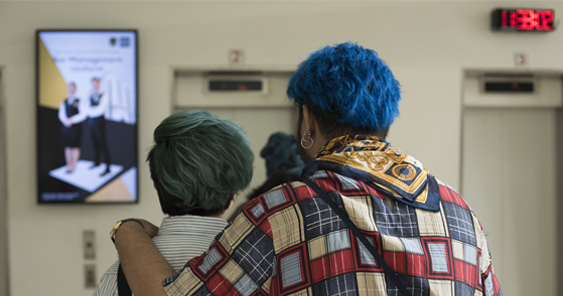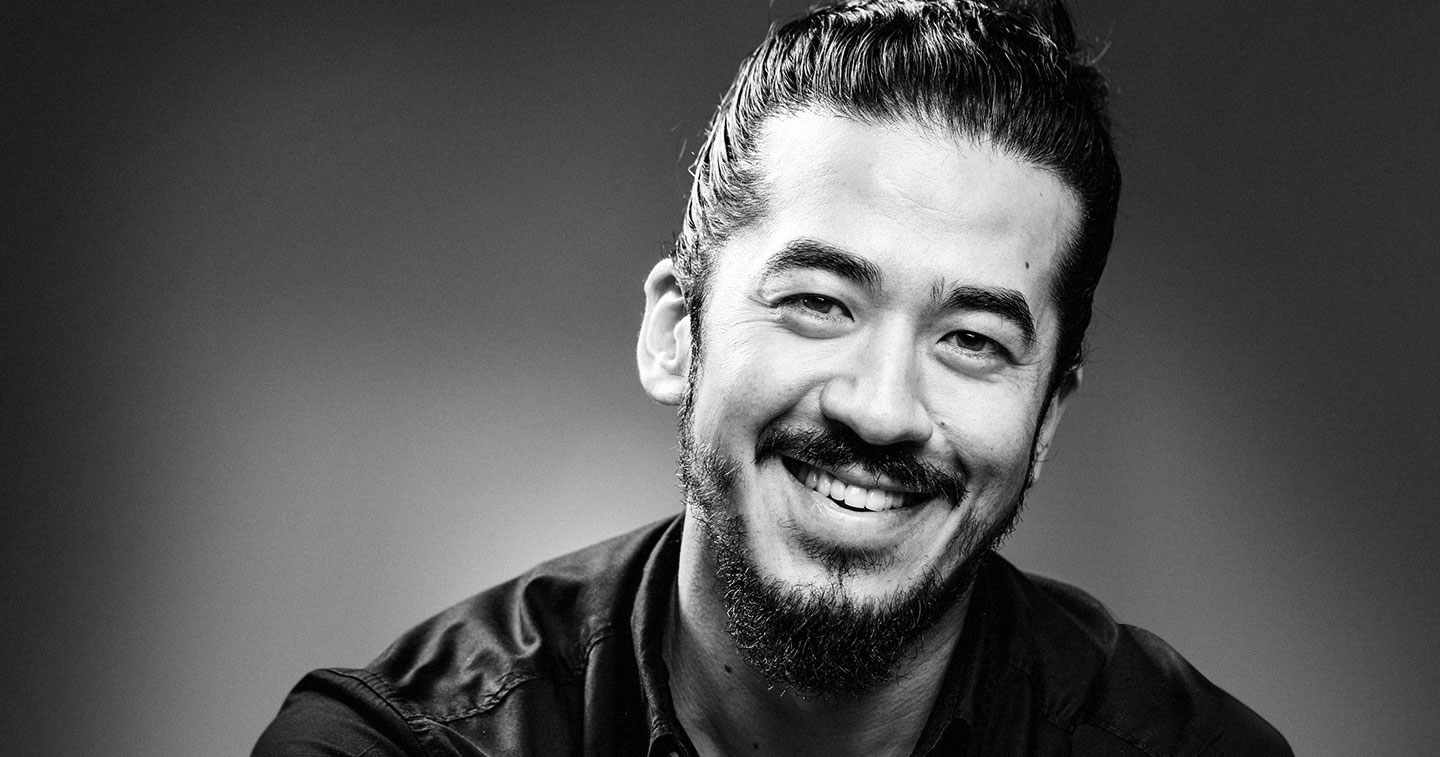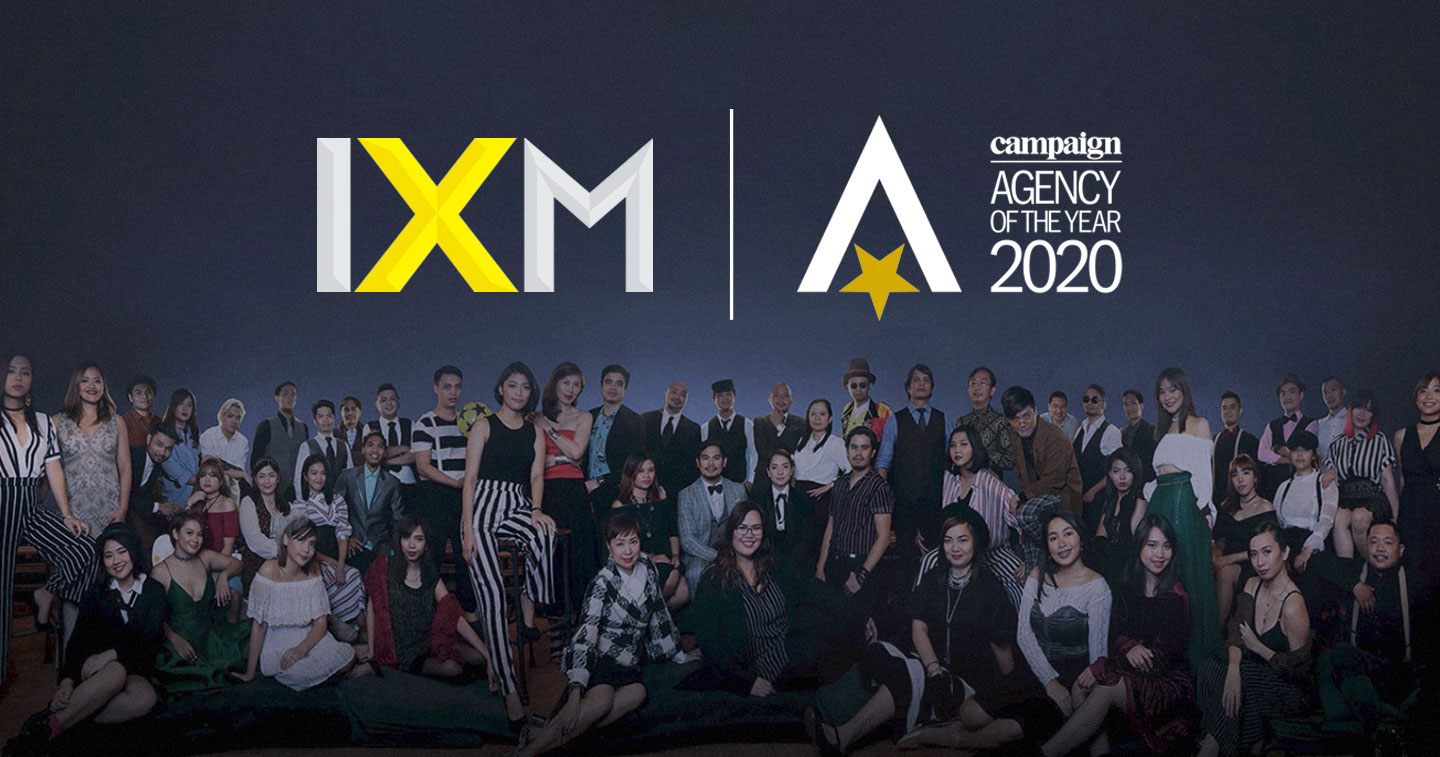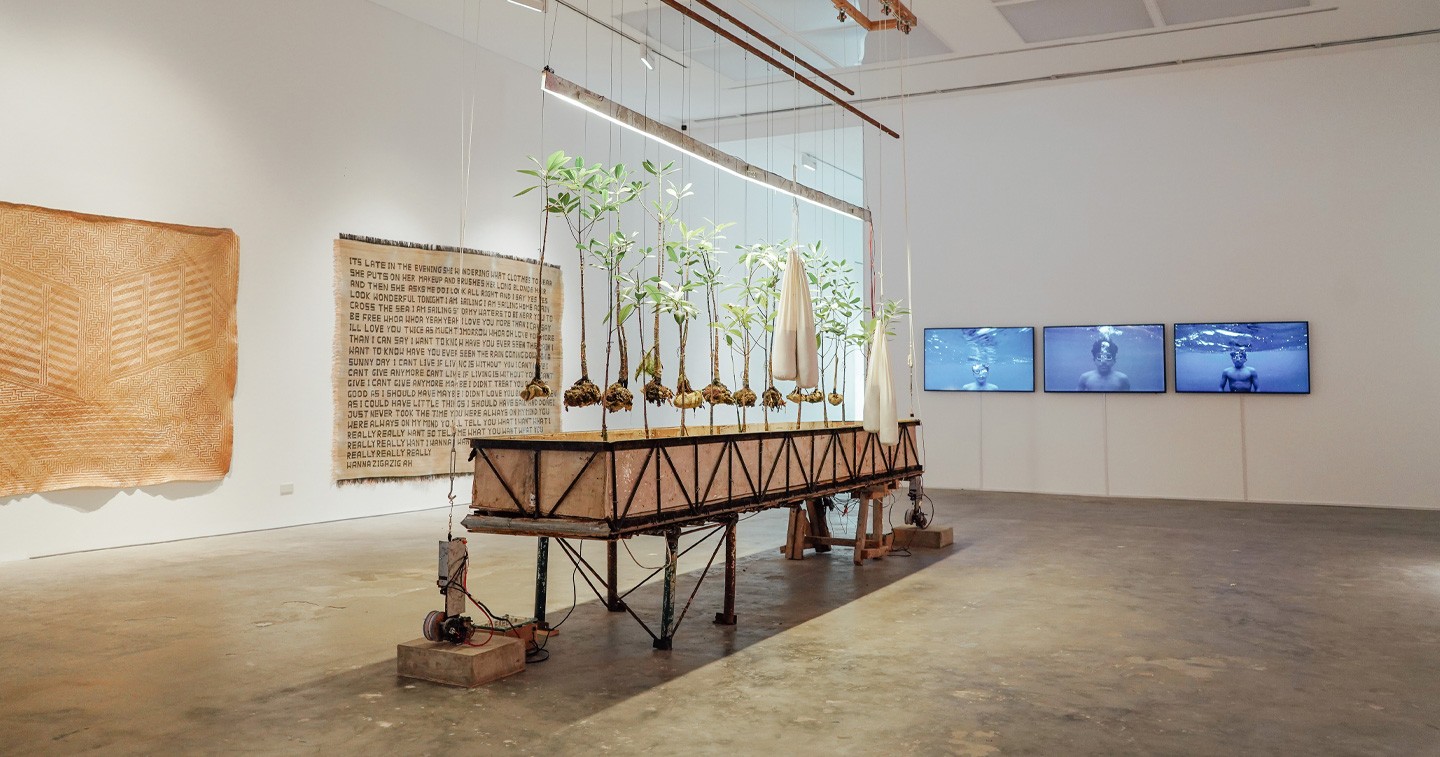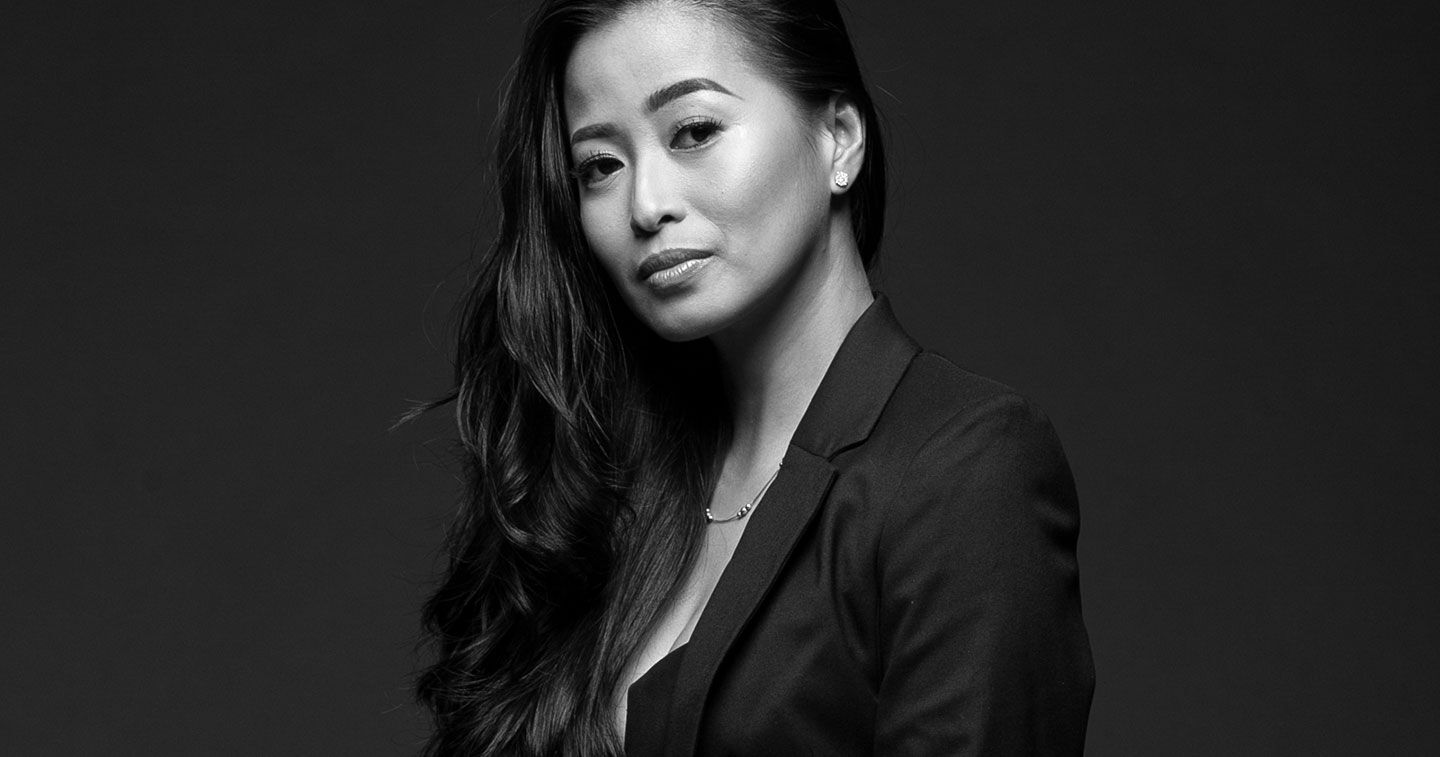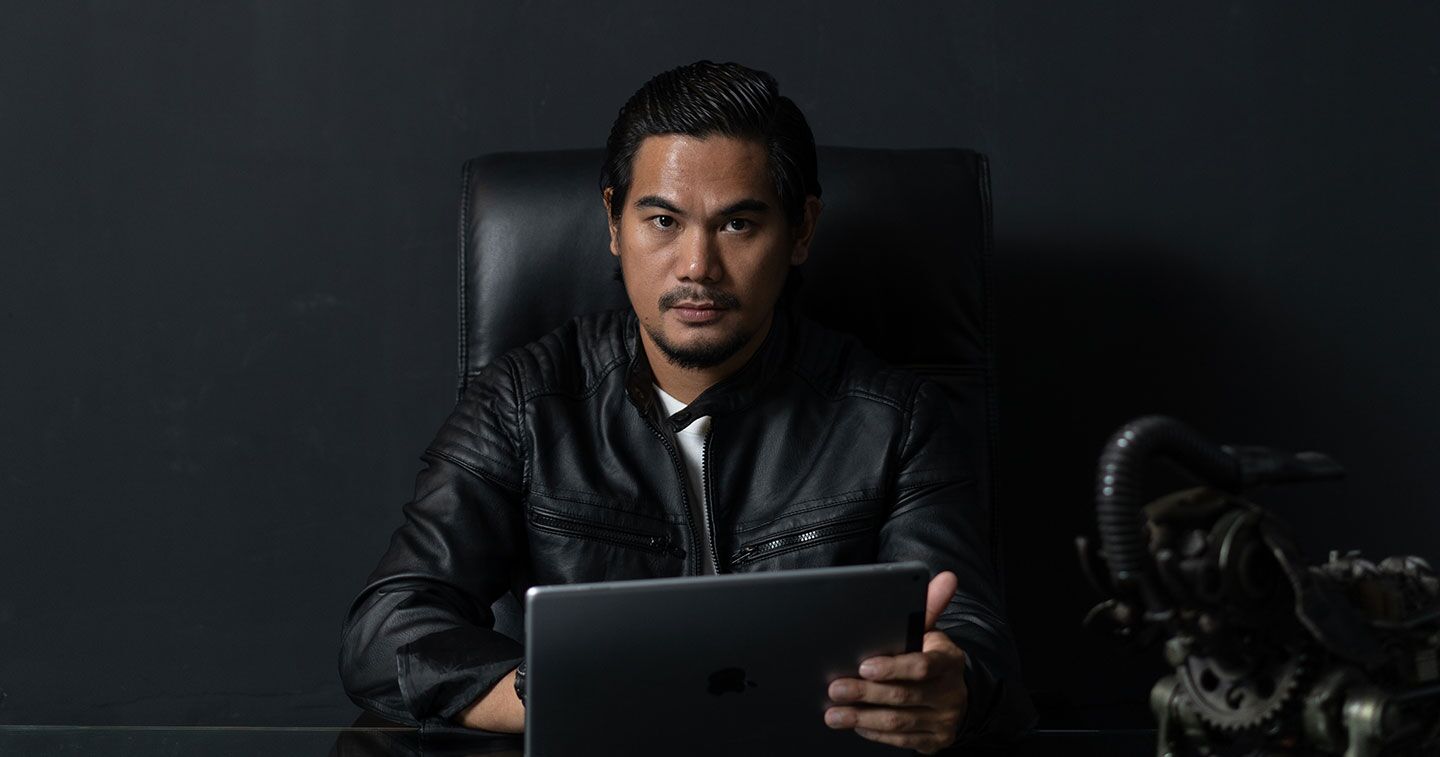Words by Hannah de Vera
Photos by Ricardo Dela Cruz Yan II
Models: Abraham Guardian and Mamuro Oki
A school is not only a place for learning; it is also a catalyst for forming miniature societies. In these small cliques, it is where we learn just how much of an impact an institution can have on how well students can learn and interact with their fellow classmates. And despite the many efforts the faculty and the administration do in order to promote an all-embracing culture regardless of race, gender, or sexual orientation, there are times where it is still not enough to by-pass what many of the Lesbian, Gay, Bisexual, Transgender, and Queer (LGBTQ) community face today.
These youth need allies. According to the Human Rights Campaign, LGBT students are being harassed twice the rate of non-LGBTQ students, and this continues to take a toll on their education. In the Philippines, these three colleges have taken upon themselves to show just how much they are willing to be part of this political discourse by accrediting organizations that aim to empower the LGBTQ community in a supportive environment that they deserve.
LPU Kasarian, Lyceum of the Philippines University (LPU)
Last March 19, LPU sparked headlines all over the country for installing gender-neutral bathrooms in their campus, an act many still consider controversial to this day. Having access to comfort rooms is a privilege not many cisgendered individuals understand, as many transgender folks still see going to the toilet a nightmare of choosing between their who they were versus who they truly are.
It was Dencio Acardio, the founding president of LPU Kasarian, the first LGBTQ organization in LPU, who spearheaded this project. “Our organization is the first gender equality organization in LPU Manila,” says Acardio, “We proactively inculcate the holistic necessity of the LGBTQ’s Human and Civil Rights in the minds of Lyceans.” Their organization is steadfast in its activities, from Gender Equality symposiums on Sexual Orientation and Gender Identity Expression (SOGIE), Pride Walks, to their first Trans* Pageant. With over 200 members, LPU Kasarian continues to empower the youth by providing an avenue for them to actualize themselves and find ways to progressively change the perspective of non-LGBTQ students about their community.
BHive, De La Salle-College of Saint Benilde (DLS-CSB)
Despite its artistic background and liberal beginnings, it took DLS-CSB a long time before accrediting BHive, their official LGBTQ organization in the campus. John Carlo Lazo, the Vice President for Internals for BHive, shares that it took the founding members give years before the school noticed them, wherein they not only had to write the organization’s constitution and by-laws, it took several series of interviews with the administrators and finding the finest leaders for the group to really kickoff.
“We believe we are lucky enough to be approved, knowing that we are in a Catholic Institution with administrators who are open to new and fresh ideas such as opening opportunities for the LGBTQ people to start an organization,” said Lazo. BHive has been quite active after their accreditation; most of their projects include seminars of HIV Awareness wherein guest speakers are professionals from the Manila Health Department and the Department of Health, and their biggest event which is Pride Week on May 2017. Since its announcement, BHive has over 180 members and counting, as it seeks to educate in order to eradicate ignorance, and to be the voice of LGBT students by representing them and making sure they are heard.
UP Babaylan, University of the Philippines-Diliman (UP-D)
UP Babaylan is sui generis, a kind of its own. As the oldest and longest-running LGBTQ student organization in the Philippines, it has been the training ground for many leaders in the movement and continues to strive for excellence in the fields of the arts, sciences, the legal profession, politics, and the academe. With its unique sense of camaraderie, they not only take an active role in overseeing the welfare of their members; they have also provided financial and housing assistance to members who have been abandoned by their family due to their gender and sexuality.
“Throughout our history, [we have always believed in] the equality of all persons, regardless of one’s assigned sex at birth, sexual orientation, gender identity, and gender expression,” answered Xavier Bilon, the Punong Babaylan of UP Babaylan, “All our activities are geared towards the attainment of this belief. Moreoever, we value the need for quality education in order to be cricitically aware of the social realities and the marginalization of the LGBTQ community, and to achieve equality of all persons.” In 2008, UP Babaylan held its first pride march, and after eight years, the UP Pride Celebration is an official event of UP Diliman.
“Through our networks, we also aim to uniqte and empower more LGBTQ sutdents and student organizations as we continue to advocate for society where equality is a shared principle—a Philippine society free from discrimination,” adds Bilon. For over 25 years of existence, UP Babaylan is undoubtedly the benchmark for what LGBTQ student organizations can aspire to.
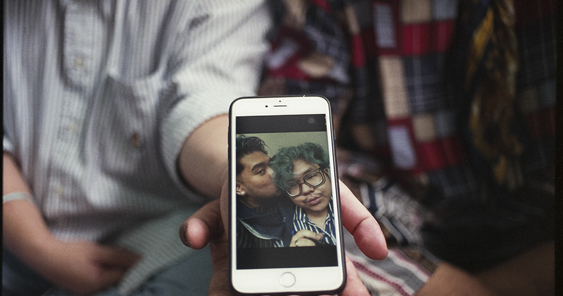
Through inclusive policies and nurturing practices, both the administrators and the faculty have all the power to create a welcoming environment for every student. These alliances have successfully empowered the members of these organizations to educate their peers by providing a venue where not only can they thrive, but also provide venues for communication. When we promote an inclusive environment, this affirms and creates a culture in which students, teachers, and administrators are unafraid to be called allies. It all starts with awareness.

